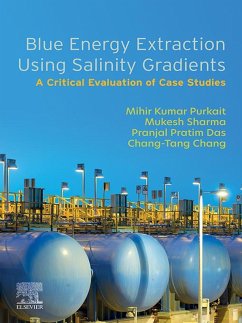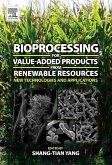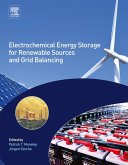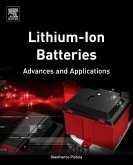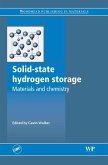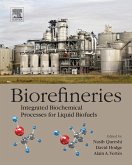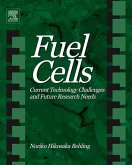The opening chapter of the book provides an overview of the fundamentals and technologies of salinity gradient energy. Each Subsequent chapter analyses a real-world salinity gradient power plant from a different region of the world and includes examples from developed and developing economies on three continents. For each case study, key aspects of performance are evaluated, and the benefits and operational challenges are discussed. Validated mathematical models are also included to improve readers understanding of how to control operating parameters.
Blue Energy Extraction Using Salinity Gradients provides a unique perspective on the commercialization of salinity gradient energy extraction, and is an invaluable resource for students, researchers, and industry engineers.
- Reviews the latest technologies, progress, and developments in sustainable energy generation using salinity gradients
- Provides real-world case studies from working power stations around the globe, focusing on the practical challenges that are faced by their implementation
- Critically evaluates the potential for energy generation using salinity gradients, which regions yield the greatest potential, and supports this understanding with mathematical models
- includes examples of full-scale osmotic power extraction
Dieser Download kann aus rechtlichen Gründen nur mit Rechnungsadresse in A, B, BG, CY, CZ, D, DK, EW, E, FIN, F, GR, HR, H, IRL, I, LT, L, LR, M, NL, PL, P, R, S, SLO, SK ausgeliefert werden.

